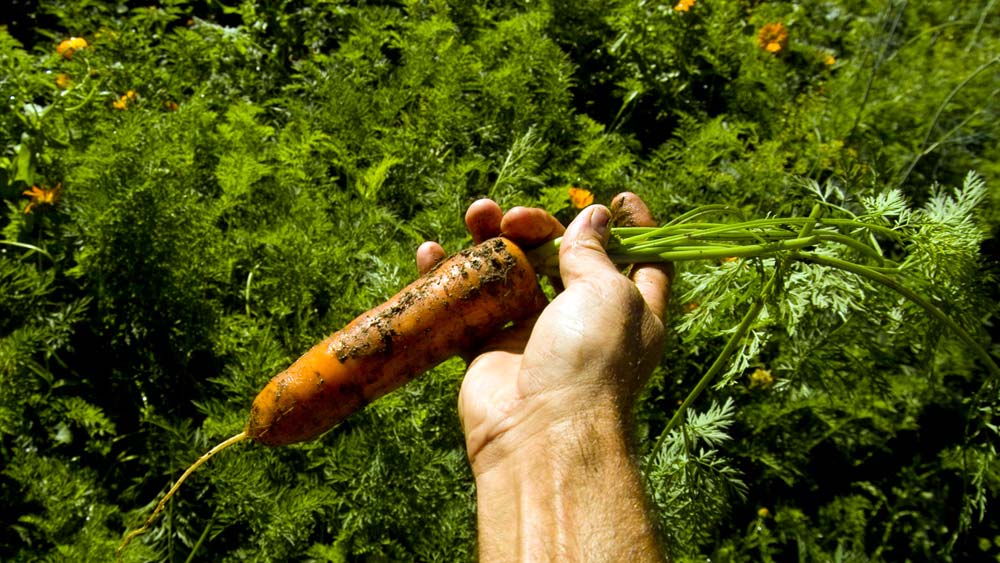Don’t let the details get in your way.
I wanted to give you a heads-up on why you should garden, and why you should also read through all the details with a certain detachment at first. There will seem to be way too much information in the beginning. All the charts, soil details, and time sensitive steps involved in planting a vegetable garden may make you feel like it is all just too confusing and make you want to give up before you start.
Relax. Most of this confusing stuff only happens in the beginning. Sure, there are some general principles that good food gardeners tend to follow, but they don’t wake up every day running to take another soil test and obsess whether their carrots are planted next to the appropriate companions. Each has there own approach. And the beauty is that every gardener makes mistakes. They have to. There are too many variables from location to location, which is why it makes it more of an art form than a science.
The best mindset for beginners to have when starting is to acknowledge that there are some basic details you should wade through and get a general feel for, but the primary goal is to get started. It is far better if you just go out with some seeds and plant them in you soil right now, and learn from the various successes and failures than to hold back because you don’t feel you have enough information. Far more is learned by mistakes in gardening then by doing it right. So go ahead and read up on the steps, hold onto what makes the most sense to you at first, and just go do it. Let go of any worry of making mistakes. You’ll make loads of em. Everyone does. And you’ll be better off for it.
*One note on mistakes. Just about all the ones you can make are easily fixable, except one. Please be careful what you haul into your garden from off your property in the form of mulch, manure, and compost. If you unknowingly bring in bio-matter that is laced with some of the newer persistent pesticides, you can diminish your soil’s capacity to grow plants for up to three years. (See the articles on aminopyralids in the news section on this site here.)
But more on why it’s worth it to garden in the first place…
The surge in home veggie gardens being started in recent years directly parallel the economic and environmental struggle we are all linked to, and that makes sense.
Planting and growing a garden is one of the few activities that’s accessible to most people in some form and most importantly: the results are tangible. You get to see what your efforts produced. You can admire the work of your own hands. One might say that this is the greatest satisfaction that any task can give you. It can re-connect you with control of a portion of your food. And that connection goes back thousands of years.
Growing food can remind us all of our connection with the land, and community and the benefits of caring for both. There’s an unspeakable gratification in eating delicious food that you planted with your own hands. It has the capacity to re-awaken taste buds that have become accustomed to the bland products of industrial agriculture and invigorates the budding horticulturist to plant more each year. It is, in effect, an intoxicating habit. And one with some of the best rewards one could ask for.
So jump in and swim around a bit. Get re-connected to your place. It is a voyage of self discovery. I think you’ll like what happens to you.
Tom

